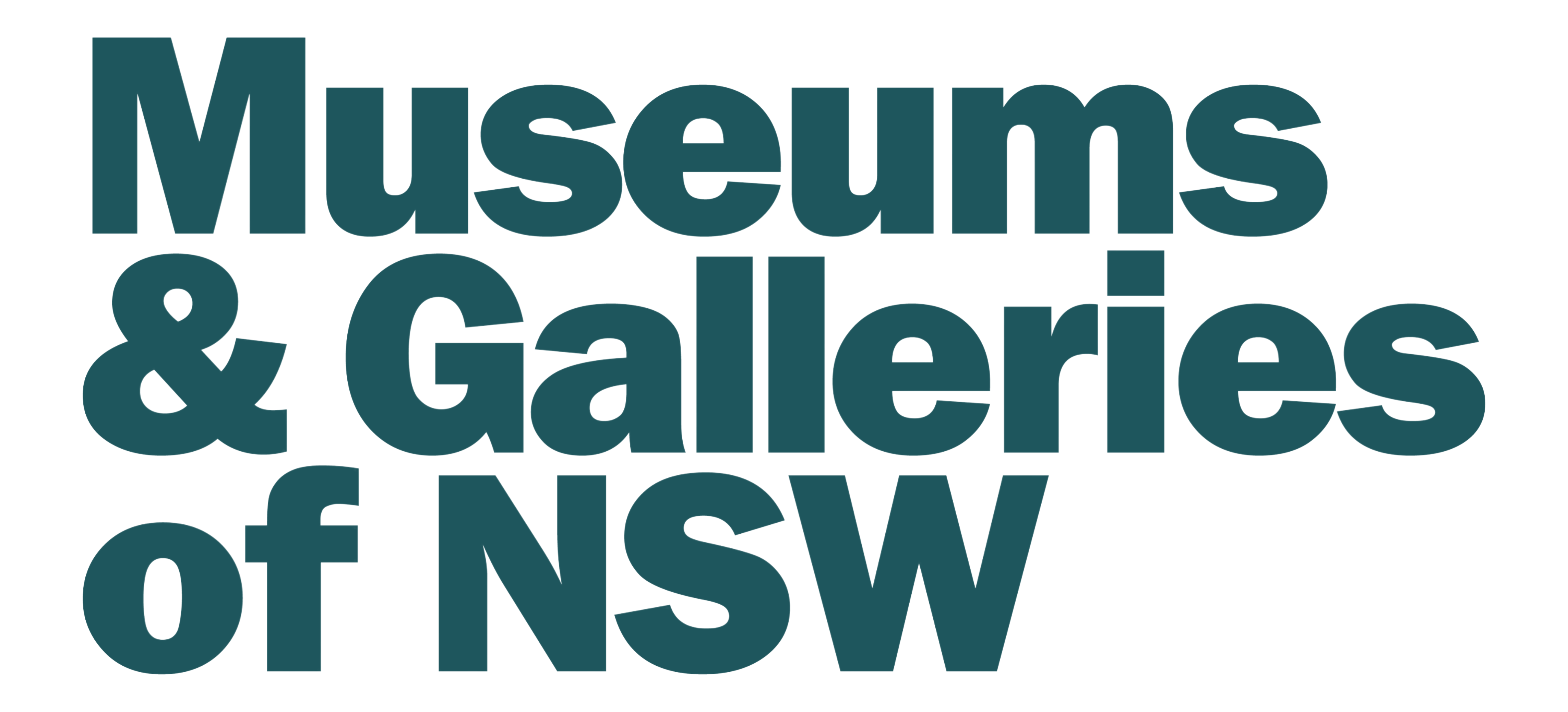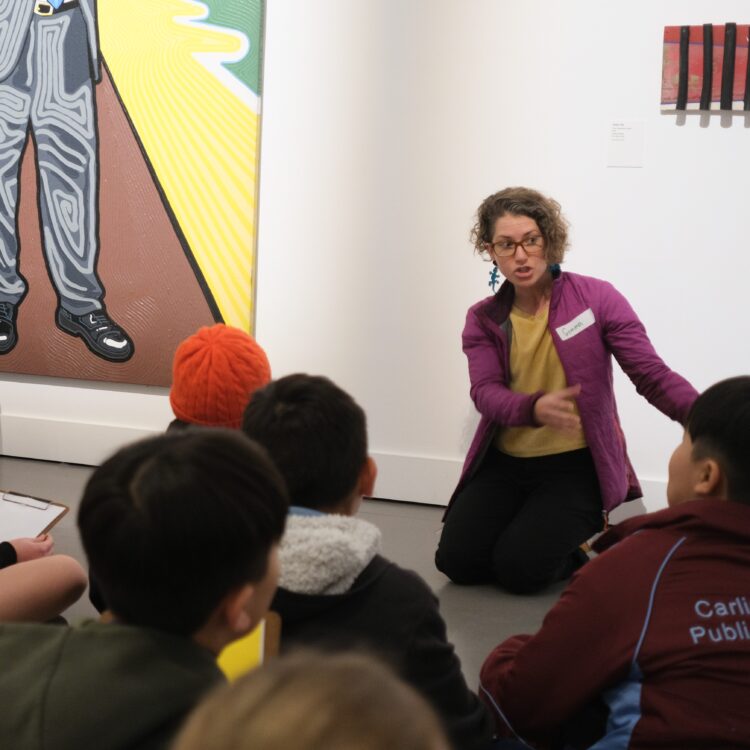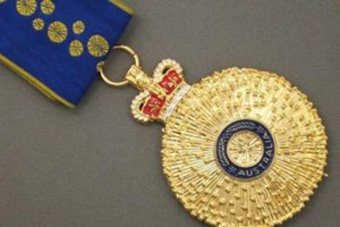With the sad news of the death of lead singer of the great Australian band Yothu Yindi, we were reminded of several important things.
We were reminded of the significance of the band’s work, both musically and in terms of the lead singer’s commitment to education and cultural development in his Yolngu homelands.
We remembered the impact of Treaty, the band’s massive 1991 hit which underscored Prime Minister Hawke’s failure to deliver his promised Treaty between black and white Australia. There’s not many of us who haven’t been moved by Tribal Voice or more recently by the evocative Geoffrey Gurrumul Yunupingu, the band’s first keyboard player. Nor can we forget Yothu Yindi’s performance at the closing ceremony of the 2000 Olympic Games in Sydney.
And we all remember the fantastic collaboration with the likes of Paul Kelly and Peter Garrett, and the contribution these and other partnerships have made the lives of Aboriginal youth in particular while enriching our own.
But last week as the tragedy of yet another Aboriginal great losing their life to renal failure, we came close to forgetting how to respect an Aboriginal family in mourning.
Initially social media channels ran wild with photos and images of Mr Yunupingu despite requests from his family to observe traditional practices for commemorating the dead. Some mainstream media, who should have known better and from whom we expect more, also jumped on the bandwagon.
While we all have an intuitive recognition of appropriate behaviour in our personal cultural domains, our understanding of other peoples’ cultural and religious practices remains sketchy.
So here’s a bunch of resources to help us remember what to do when an indigenous person dies. SBS has a well-researched and workable media policy and the Indigenous Portal (Australian Government) gives a quick rundown on what you need to know. Also have a look at M&G’s Welcome to country and Acknowledgment of country information.
That said, you can’t do better than your local indigenous group as cultural protocols vary between different regions and families. Here at M&G NSW we are part of the Media Ring RAP Group and rely on the fantastic Gadigal Information Service (and their Facebook page) for advice.



